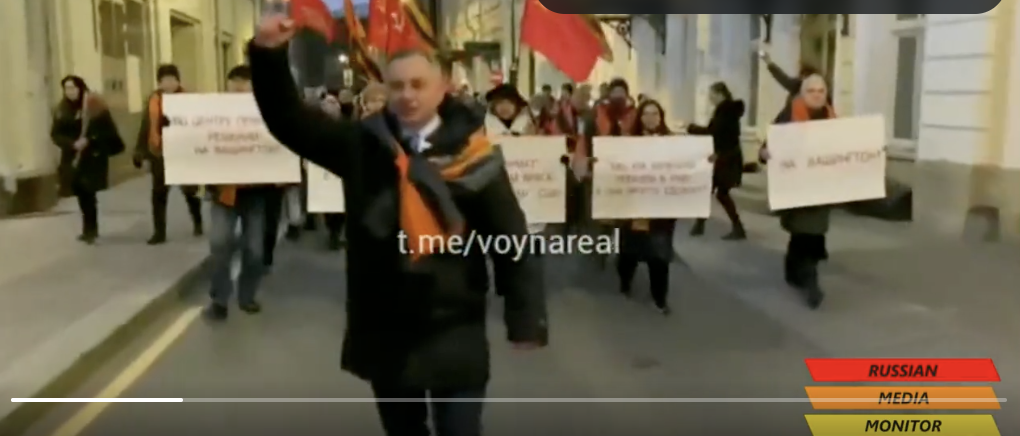Hello there!
Since Ukraine has been liberating more territory, I’ve run across more articles in mainstream media that document the stories of individual Ukrainians who’ve been liberated. These are no longer the stories of sad refugees or heroic fighters, but of ordinary people who had to survive enemy occupation. Some of them have been accused of collaborating with the enemy. Their stories are very gray in nature, and all too human.
Take, for example, the plight of families from the Kharkiv region who had sent their children to summer camps in Russia. They did it so that their kids could avoid being in a war zone. But when their villages and towns were liberated by the Ukrainian army, the families suddenly found themselves on one side of the front line, while their children were on the other side. Sure, they made the trip from Ukraine to Poland, then to Belarus, and then to Russia to pick up their children. But when they returned, their actions weren’t judged from the perspective of a parent trying to keep their kids safe during wartime. They were viewed by the liberating Ukrainians as collaborators who had entrusted their children (the very children the Ukrainian army is fighting to protect) to the enemy.
Another story that caught my attention was about Illia Karamalikov, who organized a citizens’ patrol in occupied Kherson to prevent looting. The Ukrainian civilians who tasked themselves with preventing looting encountered a shot-down Russian helicopter pilot during one of their patrols. He was dazed, and surrendered to them. With no Ukrainian army in sight, the volunteers handed the pilot over to the Russian army. Illia Karamalikov is now in a Ukrainian prison for collaborating with the enemy.
These stories made me wonder if it was possible for people who are embroiled in war to have a nuanced, gray point of view during wartime about their enemies. We know it is possible after the wars are over. Plenty of books that portray the enemy in a nuanced light have come out then. But during the war? Is there room for such points of view?
From my very unscientific observations, my intuition tells me that the answer is no.
And for good reason. In a war, where the stakes are existential, the outcome is usually binary. Victory means life. Defeat means death. Within such a framework, you can only have friends or enemies, partisans or collaborators. There is no room for nuance. Nuance is for after the war, after victory.
This appears to be a deep survival mechanism. Armies and the people that support them need to feel the moral right to victory. Without it, the sacrifice is meaningless. Ukrainians, as the defenders of their homeland, don’t need to do much to tap into the power of feeling that they have a moral right to win and vanquish their foes. Russia, on the other hand, is spewing massive amounts of propaganda to make its population believe that the Russians are in an existential war with the West. Why else would they stage a rally that called for a nuclear attack on the US? They even hold nightly discussions justifying the missile strikes on civilian infrastructure, trying their hardest to portray ordinary Ukrainian civilians as enemies that need to be destroyed.
But as an author, I am not that interested in a black-and-white view of human nature. I am interested in exploring nuance. And that makes me feel a deep appreciation for Historical Fiction. Historical Fiction allows us to ask the same exact moral questions we are asking now (for me, these questions have been spurred by the war in Ukraine). But by framing these questions in a context of a previous war, like WWII, where the outcome has already been settled, we can leave room for a little bit of nuance.
Here is to always learning from history!
B. V. Glants
PS – Like this post? Subscribe to the newsletter to receive these a month before they are published on this site: https://www.subscribepage.com/halfnotes
